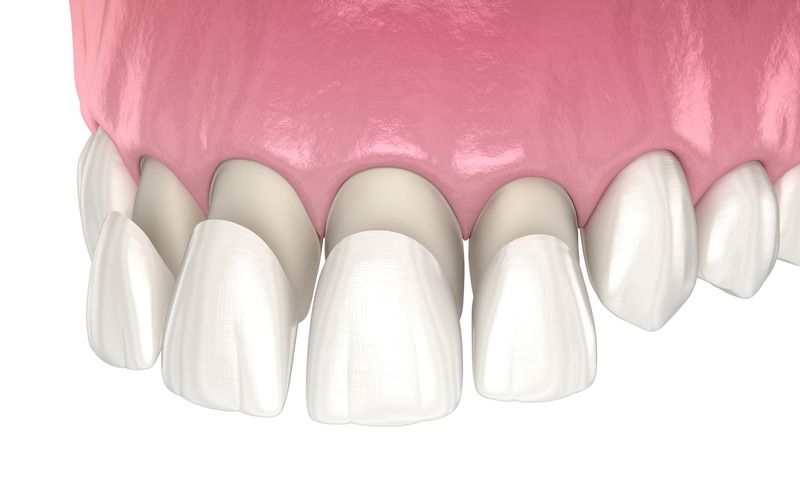Are you confused about whether you need a general dentist or a periodontist? It’s normal to feel this way, considering both professionals deal with dental health. However, understanding the differences can help you make informed decisions regarding your oral care.
The Basics of Dental Care
To start, let’s address the basics of dental care. General dentists and periodontists both focus on oral health, but their expertise differs, impacting the services they provide.
1. Who is a General Dentist?
General dentists are your go-to professionals for daily dental health maintenance. They offer routine check-ups, cavity fillings, crowns, cleanings, and advice on oral hygiene. Essentially, they are the primary care providers for your mouth, much like a family doctor is for your body.
2. What Exactly Does a Periodontist Do?
A periodontist specializes in the prevention, diagnosis, and treatment of periodontal disease. They are also skilled in dental implant placement. Their role is more specialized, dealing with the tissues and structures surrounding the teeth.
Education and Training
One critical distinction lies in the additional training that periodontists receive.
General Dentist Training
After completing a bachelor’s degree, general dentists undergo four years of dental school. They receive a mix of classroom instruction and hands-on training, focusing on all aspects of dental care.
Additional Training for Periodontists
Periodontists also complete dental school, but they undergo an additional two to three years of specialized training in periodontics. This extra education equips them to handle advanced cases of gum disease and complex dental surgeries.
Services Offered
The types of services each professional provides offer more insight into their differences.
Services from General Dentists
General dentists cover a wide array of preventative and restorative services like:
-
Routine cleanings
-
Dental X-rays
-
Fillings
-
Crowns and bridges
-
Invisalign and other cosmetic treatments
Their role is pivotal in detecting any initial signs of gum disease before referring you to a specialist if needed.
Periodontist Expertise
Periodontists, on the other hand, delve into more complex procedures such as:
-
Scaling and root planing for deep cleaning
-
Periodontal surgery for severe cases
-
Dental implant placement
-
Bone grafting
-
Cosmetic procedures like crown lengthening
Their specialized focus allows them to treat conditions that go beyond the expertise of a general dentist.
Diagnosing and Treating Gum Disease
This is where periodontists truly shine and set themselves apart.
1. Early Detection by General Dentists
General dentists are essential for the early detection of gum disease. During routine cleanings, they can diagnose gingivitis, the early stage of gum disease, and advise on its treatment.
2. Advanced Treatment by Periodontists
Once gum disease progresses to periodontitis, it requires the specialized care a periodontist offers. They tackle complex issues such as bone loss and receding gums, providing advanced surgical options if needed.
Reasons You Might See a Periodontist
While your general dentist can handle many dental issues, some situations specifically require the insight of a periodontist.
Persistent Gum Issues
If you’ve been seeing your general dentist for gum-related ailments and noticed no improvement, it might be time to consult a periodontist. Their advanced training equips them to address persistent gum problems more effectively.
Need for Dental Implants
Considering dental implants? A San Francisco professional periodontist is well-versed in their placement. They ensure the right fit and function, preventing complications in the future.
How to Choose Your Dental Care Provider
Choosing between a general dentist and a periodontist can feel overwhelming. Here’s how you can narrow down your options.
1. Evaluating Your Needs
Start by assessing your dental needs. A general dentist suffices for routine care or minor issues. More intricate issues, like severe gum disease, warrant a visit to a periodontist.
2. Seeking Recommendations
Don’t hesitate to ask your general dentist for recommendations. They can guide you to someone who aligns with your specific needs, ensuring you find the best dentist in San Francisco who might treat your condition.
3. Check Qualifications and Reviews
Once you have a few names, check their qualifications and patient reviews. Ensuring they have a solid track record can bring peace of mind before choosing a service provider.
When Both Professionals Work Together
It’s not uncommon for a general dentist and a periodontist to collaborate on a patient’s treatment plan, especially in complex cases.
Collaborative Treatment Plans
Complicated procedures often require the expertise of both professionals. Your general dentist might handle routine care while periodically referring you to a periodontist for specialized treatment.
Benefits of Collaboration
This teamwork ensures comprehensive care for your oral health, addressing both routine and complex needs efficiently.
Preventative Measures
Both general dentists and periodontists emphasize prevention.
General Oral Hygiene Tips
General dentists encourage daily brushing and flossing, as well as regular dental check-ups. These practices are fundamental in preventing oral diseases.
Periodontist-Specific Advice
A professional dentist San Francisco, such as a periodontist, might provide individualized advice on sustaining gum health, especially for those with a predisposition to periodontal issues.
Cost Considerations
Understanding the cost differences can also play a role in decision-making.
Comparing Services
Routine services from general dentists typically incur lower costs compared to the specialized treatments offered by periodontists. However, investing in specialized care can prevent expensive treatments down the line.
Insurance and Payments
Most dental insurance plans cover general dental services, while coverage for periodontist services might vary. Clarifying with your provider can help eliminate unpleasant surprises. Ultimately, your oral health is too important to leave to chance. Whether visiting a general dentist or seeking the precision of a San Francisco professional periodontist, your decision should focus on your specific needs and circumstances. Prioritize regular check-ups and consultations to maintain a healthy smile.
Final Thoughts
Understanding the difference between general dentists and periodontists empowers you to make informed decisions regarding your dental health. Regular care from a general dentist complemented by specialized treatment from a periodontist ensures a robust oral health strategy. So whether you’re dealing with everyday oral care or more serious gum issues, knowing who to approach means you’re one step closer to achieving and maintaining perfect dental health.


